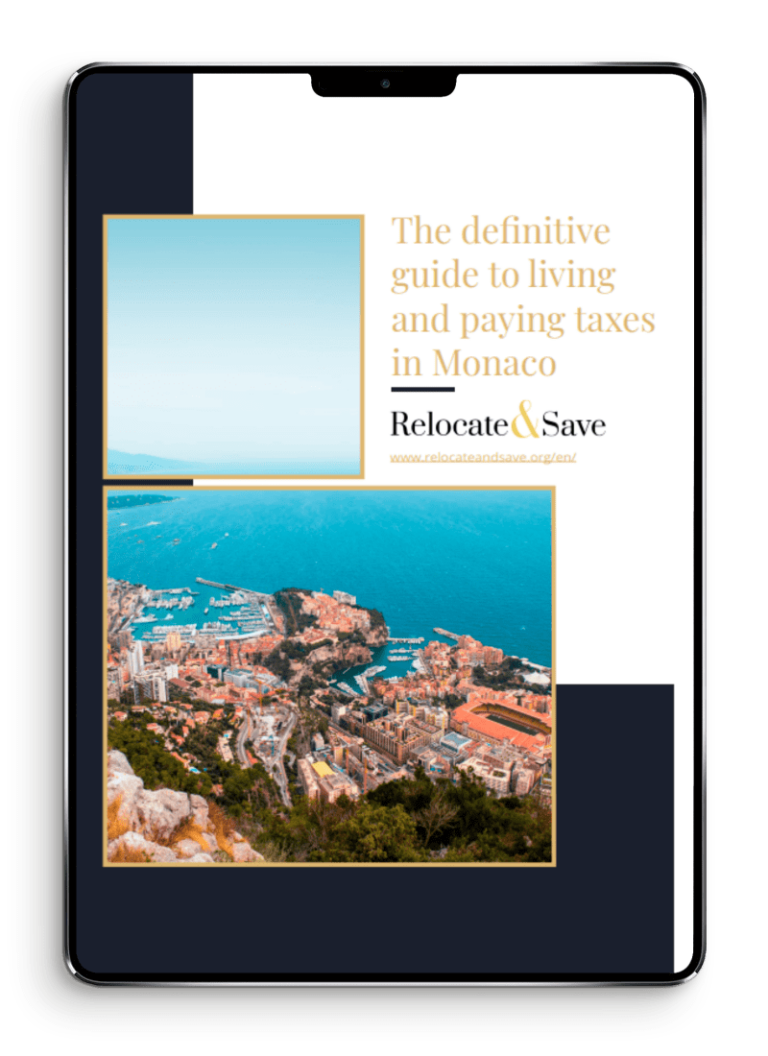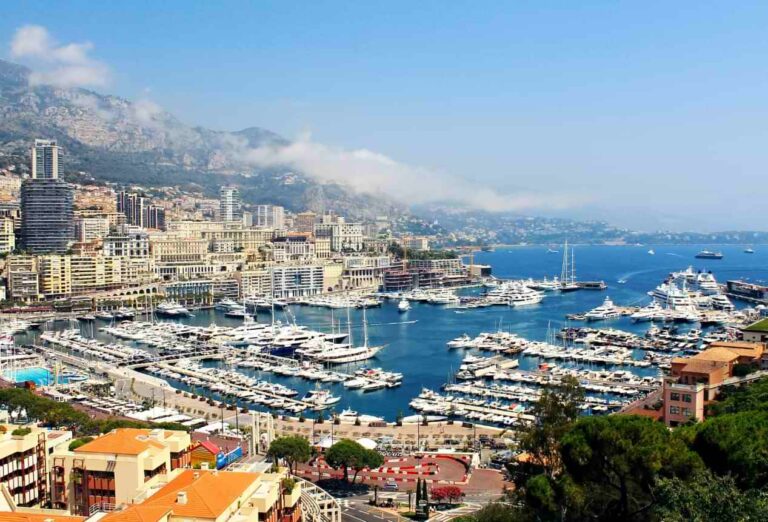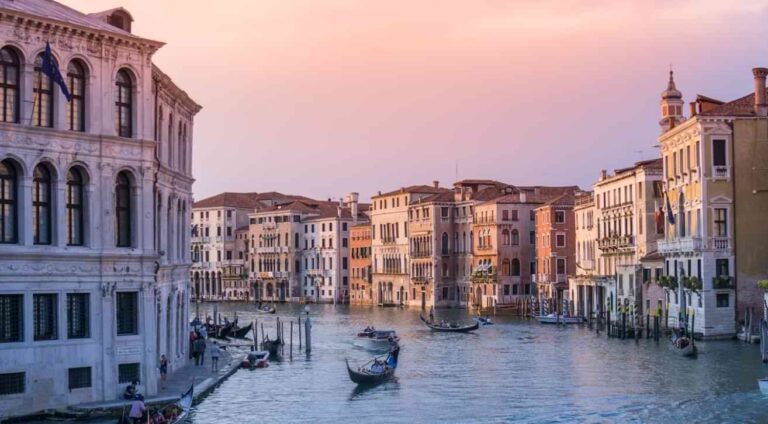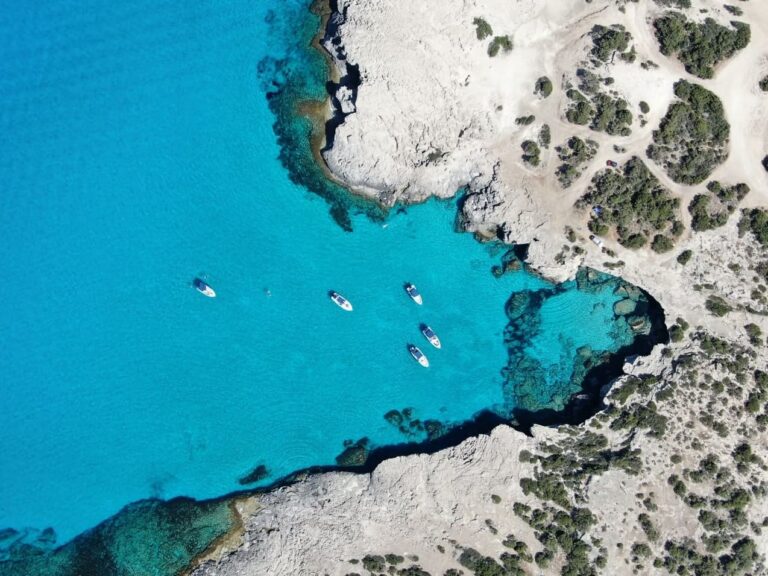Over time, there has been a considerable debate about Monaco’s status as a tax haven or not cooperative jurisdiction. Monaco’s status as a tax haven has been a hot topic for the sensationalist media. In fact, this topic has been a favorite among media, influencers, and financial experts, often leading to a spread of misinformation and myths not always with accuracy but often with a dramatic tone.
Understanding what a tax haven is
Contrary to popular beliefs, a tax haven is not just a place with low taxes designed to avoid taxes and hide money and wealth.
The current definition of a tax haven is more about the lack of transparency and unwillingness to share financial and tax information with other countries. It is not about low or null tax rates but about the secrecy and opacity and the absence of double tax treaties with exchange of information clauses.
In fact, main supranational institutions like the OECD and the UE do not automatically qualify low or zero tax jurisdictions, like EAU or Qatar, as tax havens, but they do so when the jurisdiction lacks of exchange of information mechanisms as in American Samoa, Anguilla, Antigua and Barbuda, Fiji, Guam, Palau, Panama, Samoa, Trinidad and Tobago, US Virgin Islands and Vanuatu, among others.
Who characterizes a country as a tax haven?
The characterization of a jurisdiction as a tax-haven comes from various lists compiled by countries and international organizations. The most significant lists come from:
- Individual countries, which use them to identify non-cooperative jurisdictions.
- International bodies like the OECD or the EU, which carry substantial implications for banking and businesses.
- International NGOs or the UN, which are used as best practices for countries.
Monaco’s past as a tax haven is well-documented, mainly due to its strict banking secrecy laws and its historical reluctance to share tax information with other countries. That caused Monaco being listed as a tax haven or not cooperative jurisdiction in several national and international blacklists.
The characterization of Monaco as a tax haven in the past was real, since for years it was possible to hide and protect money and wealth in Monaco without being known by the tax authorities of the jurisdiction of tax residence of the owner and/or beneficiary of said money and wealth. In other words, Monaco did not exchange any sort of banking and tax information in the past.
But, Does Monaco continue being seeing as a tax haven?
The answer to this question is a clear and unequivocally no. Currently, Monaco is not characterized as a tax haven by any international black list thanks to:
- The commitment of Monaco to international transparency and cooperation.
- Monaco’s bilateral agreements on tax information exchange upon request.
- Adoption of the OECD’s Common Reporting Standard (CRS) for automatic exchange of information by Monaco.
EU and OECD view on Monaco
As a result of the tax transparency measures adopted by Monaco, EU and OECD have proceeded accordingly:
- In April 2009, the OECD removed Monaco from its list of non-cooperative tax jurisdictions, acknowledging its developments in transparency and information exchange.
- Monaco is not seen as a non-cooperative tax jurisdiction.
- Monaco joined the inclusive BEPS framework, securing its position out off the EU’s list of non-cooperative jurisdiction in 2017.
Summing up, Does anyone still view Monaco as a tax haven?
Currently, most of the OECD countries and all the member States of the EU does not seen Monaco as a tax haven or as a non-cooperative jurisdiction. Those countries see Monaco as a tax compliance jurisdiction offering good and sufficient standards on tax transparency.
However, there are still some jurisdictions in Latin America, like Brazil, Peru, among others, and certain NGOs characterizing Monaco as a tax haven. For instance, the black list prepared by Oxfam Intermon and Tax Justice Network continue seeing Monaco as a tax haven, although said lists have no legal effects just pure informative effects to countries following the criteria of said NGOs.
As already stated, Monaco is not any longer seen as a non-cooperative jurisdiction or tax haven by the OECD or the EU.
Hence, Monaco is now generally and globally recognized as a country adhered to international tax principles set by the OECD and the EU, ensuring tax fairness and tax transparency.
At Relocate&Save we have been helping entrepreneurs, high-net-worth individuals, sportsmen and women, and people from the world of cryptocurrencies to invest in Monaco and transfer their tax residency to the Principality for years.
Our presence and contacts in Monaco make us an ideal travel partner for this arduous task. So if you have questions about Monaco and would like us to help you with the process, please write to us at [email protected].



 All communications are encrypted and will be treated with absolute confidentiality. Your data will never be shared with third parties.
All communications are encrypted and will be treated with absolute confidentiality. Your data will never be shared with third parties. 




